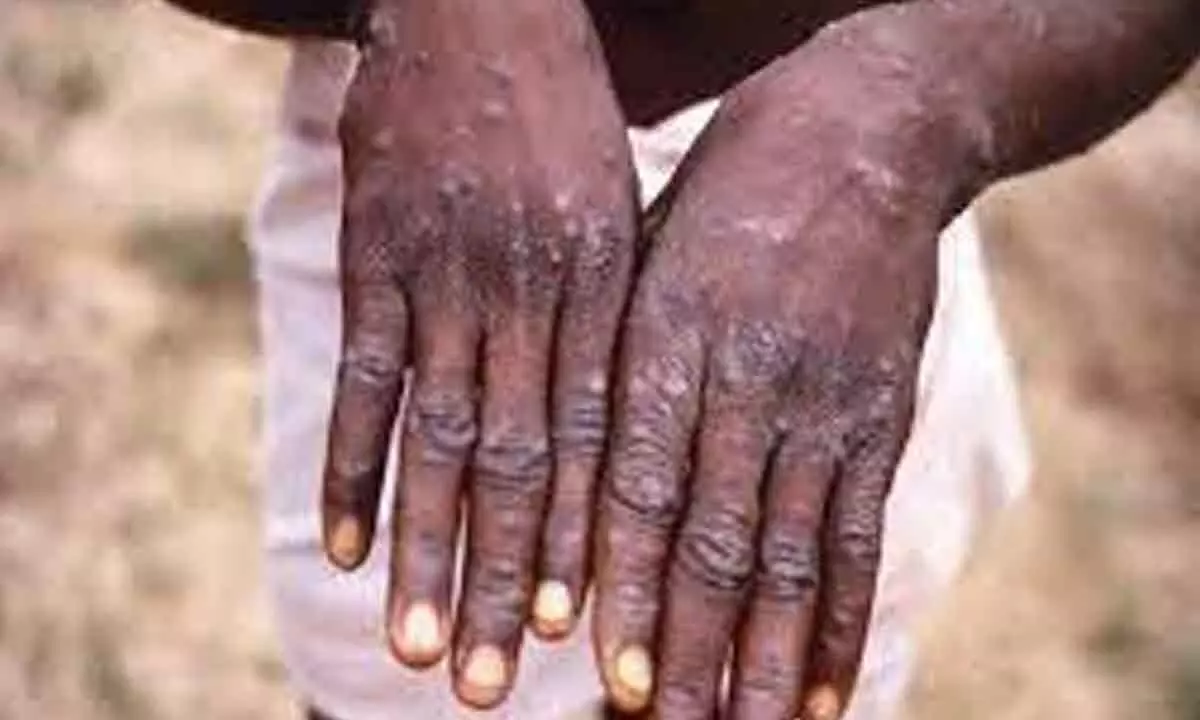The African Union’s health authority, the Africa Centres for Disease Control and Prevention (Africa CDC), declared a public health emergency on Tuesday in response to the escalating mpox outbreak across the continent.
The outbreak, which began in the Democratic Republic of Congo in 1970, has now spread to multiple African countries.

During an online briefing, Jean Kaseya, head of Africa CDC, emphasized the urgency of the situation. He stated, "With a heavy heart but an unyielding commitment to our African citizens, we declare mpox a public health emergency of continental security." The outbreak has led to 38,465 cases and 1,456 deaths in Africa since January 2022, according to CDC data.
Did you read this?
Kaseya's declaration marks the first use of the continental security power granted to the agency in 2022. This significant move aims to accelerate the mobilization of funds and resources to address the outbreak proactively. Kaseya highlighted the necessity of this approach, stating, "This declaration is not merely a formality; it is a clarion call to action."
Boghuma Titanji, an assistant professor of medicine at Emory University, called the CDC’s announcement a “crucial step” in fostering better coordination among African nations. She also pointed out the shortcomings in the response due to overreliance on foreign aid and urged African countries to allocate funds effectively to combat the disease.

The CDC’s announcement coincides with an upcoming World Health Organization (WHO) emergency committee meeting on August 14 to discuss whether to declare a Public Health Emergency of International Concern (PHEIC). The U.S. has expressed its support, providing $17 million additional aid to help African countries manage the outbreak.
The WHO previously declared a PHEIC for mpox from July 2022 to May 2023, following a surge in cases due to the Clade IIb strain. Despite this, the declaration did not significantly improve Africa's access to diagnostics, therapeutics, or vaccines.
Mpox, previously known as monkeypox, is an infectious disease transmitted through close contact. The more virulent Clade I subtype is endemic in central Africa’s Congo Basin, while Clade II is found in West Africa. The recent surge in the DRC since September 2023 is attributed to the Clade Ib subclade.









